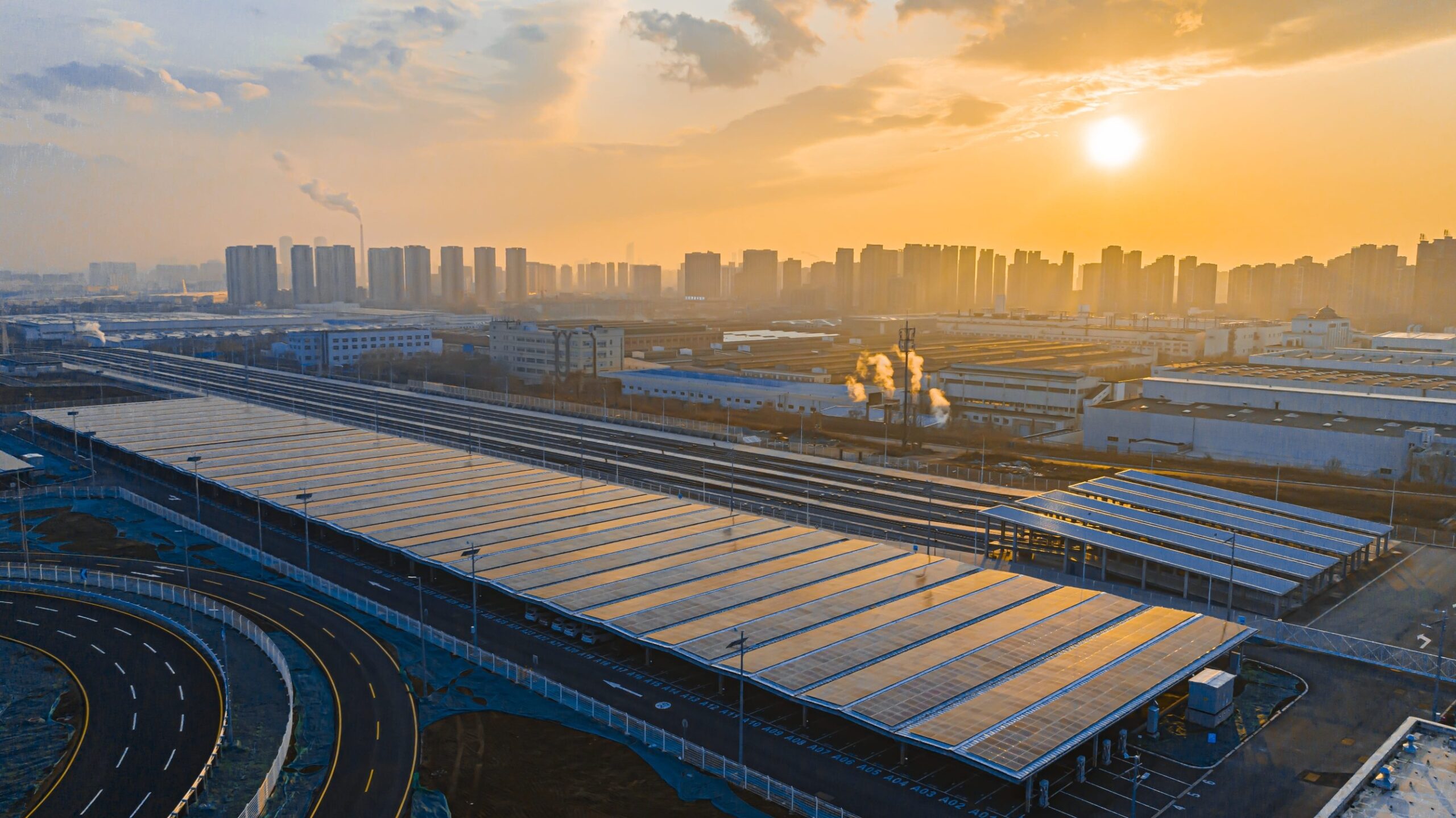
Economic reality, such as cancelled offshore wind projects, imperiled solar factories and falling demand for electric vehicles was “fraying” US president Joe Biden’s agenda a year after passage of the largest climate change legislation in US history intended to touch off a boom in American clean energy development, a Reuters report said.
Soaring financing and materials costs, unreliable supply chains, delayed law making in Washington and sluggish permitting have wrought havoc ranging from offshore wind developer Orsted’s project cancellations in the US north east, to Tesla, Ford and GM’s scaled back EV manufacturing plans, the news agency said.

Discover B2B Marketing That Performs
Combine business intelligence and editorial excellence to reach engaged professionals across 36 leading media platforms.
The “darkening outlook for clean energy industries” was seen as tough news for Biden, whose pledge to deliver a net zero economy by 2050 faced headwinds which that landmark (IRA) Inflation Reduction Act’s billions in tax credits alone could not resolve, Reuters said.
After touting his IRA as evidence of unprecedented progress in the fight against climate change at the 2022 United Nations climate summit in Egypt, Biden was expected to miss this year’s event in Dubai amid dire warnings the world was moving too slowly to avoid the worst of global warming, the news agency report added.
Clean energy experts interviewed by Reuters said mounting setbacks would make the US’ ambitious targets to decarbonise by mid-century even harder to reach.
“While we see healthy numbers being deployed each and every quarter and we’re continuing to be on a growth path, it’s certainly not at the level required to hit some of those targets,” John Hensley, vice president for the clean energy trade group American Clean Power Association (ACP), was quoted as saying.
The dynamics of soaring costs and broken supply chains were also slamming projects in other regions. No major nation was on track to meet the emissions reduction goals outlined in the United Nations’ Paris accord, which aimed to limit global warming to 1.5 degrees Celsius, Reuters reported, citing Wood Mackenzie.
A White House official told Reuters that, while there had been macroeconomic setbacks and bottlenecks at the local level to renewable energy deployment, there were plenty of examples of progress, including an expanding EV market and Dominion Energy making progress on the nation’s largest offshore wind farm off the Virginia coast.
“In the face of headwinds that are macro in nature, headwinds that affect decision making across the economy, this has been a resilient trajectory,” White House national climate advisor Ali Zaidi reportedly said in an interview, adding the US would achieve its climate goals.
The Reuters report also detailed delayed clean power projects, two thirds of which were solar energy facilities, issues with the use of forced labour and tariff dodging in the China dominated solar panel supply chain plus grid connection process delays averaging five years (a similar issue is affecting some planned UK EV recharging infrastructure projects – ed].
“In a number of areas investment has increased,” Prakash Sharma, vice president of scenarios and technologies at Wood Mackenzie told Reuters. “But then, when it comes to some of those permitting and approvals that are required to push projects forward, or infrastructure development, that’s an issue which IRA cannot solve.”
All that said, the US could be proud of how it was tackling climate change, particularly when compared with the Trump administration’s relatively recent efforts to roll back policies that protect the climate, Dan Reicher, a scholar at Stanford University, told Reuters.
“These are the normal ups and downs of clean energy development and deployment,” Reicher said.
“I think we can go to COP with our chin held high that we’re making some real progress.”
See also:
EV price war hits Ford bottom line
US study finds EVs driven less






